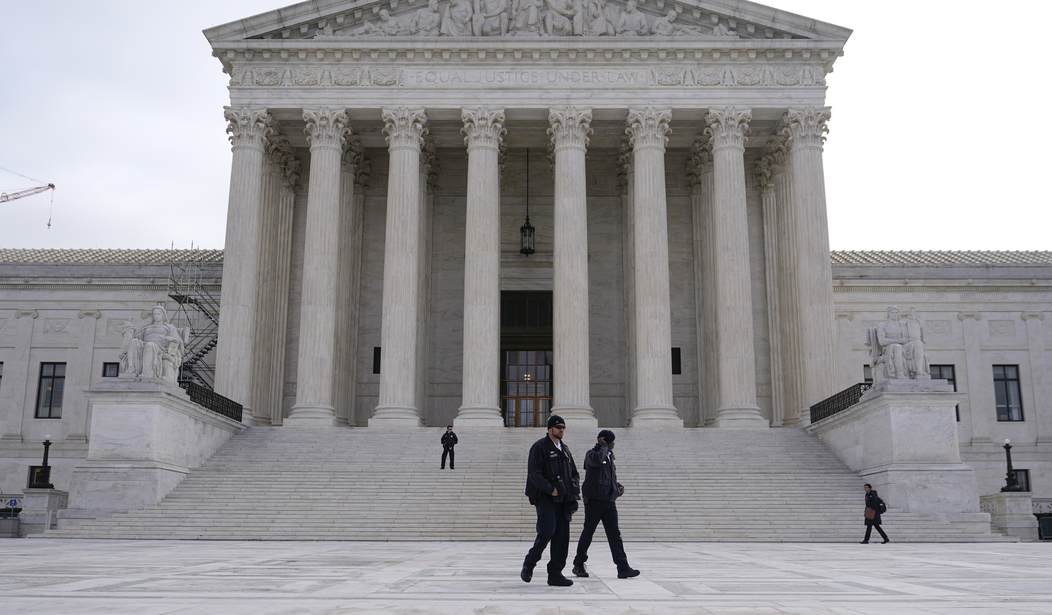January 18, 2024, will go down as a historic day for the House Budget Committee. It was the day that the committee held a four-hour markup and passed three bills out of committee with bipartisan support. As a longstanding advocate for fiscal responsibility, I was pleased to have a front-row seat and witness it.
The Fiscal State of the Nation Act (H.R. 6952) was passed with strong bipartisan support on a voice vote and without amendments. That bill will require the Comptroller General of the United States, a position I held from 1998-2008, to provide an in-person annual report on the country's financial condition and fiscal outlook of the country to a joint session of Congress.
The Debt to GDP Transparency and Stabilization Act (HR 6957) passed without amendment with a 22-12 bipartisan vote. That bill will require the President’s annual budget submission to provide information on the current state and projected outlook of federal debt/GDP based on the President’s proposed budget.
The Fiscal Commission Act (H.R. 5779) was the most important piece of legislation and was the subject of a vast majority of the markup session. It would establish a sixteen-person statutory commission that would, among other things, educate and engage the American people on our nation’s financial and fiscal challenges. Twelve of the commission members would be sitting members of Congress equally divided between the House and Senate and each major party. These twelve would be the voting members. Four of the commission members would be fiscal experts who would not have a vote. After receiving input and deliberating various options, the commission would make a package of fiscal reform recommendations designed to stabilize debt/GDP at no more than 100% within ten years and ensure the long-term solvency of various trust funds. Everything would be on the table - discretionary, mandatory, and revenues. If a majority of the commission’s voting members recommend a package of reforms with bipartisan support, it would receive an expedited vote in both houses of Congress and only require a simple majority vote in both houses for passage. The commission would issue its report in December 2024 or, depending on the final passage of the Fiscal Commission Act, no later than May 2025.
Recommended
The Fiscal Commission Act passed with a 22-12 bipartisan vote after the Managers’ amendment was passed unanimously on a voice vote, and four amendments proposed by the Democrats were defeated largely on party-line votes. Two of the amendments were effectively designed to prohibit benefit changes to Social Security and Medicare. Another was designed to require the commission to recommend tax increases on corporations and high-income individuals. The final amendment was designed to require the commission to make recommendations on how to reduce the “tax gap,” which is the estimated difference between what corporations and individuals actually pay and what they should pay under current tax laws. Importantly, the Republican members did not offer amendments designed to prevent the commission from recommending tax increases.
In the end, the Committee decided not to limit the scope of the commission and to avoid providing instructions on what it should or should not recommend. Therefore, everything will be on the table. At the same time, all federal programs and tax provisions are not equal in the eyes of the American people and many members of Congress. The commission will need to keep this in mind.
Three important differences exist between this Fiscal Commission and the prior Simpson/Bowles Commission. First, this Commission is statutory. Second, it has a lower and more realistic voting requirement to make recommendations that will be guaranteed a vote in Congress. Third, and most importantly, it includes a significant citizen education and engagement element. As a result, it has a much greater chance of success if the commission members are capable, credible, and committed to developing a package of recommendations that is supported by a meaningful majority of Americans and can achieve bipartisan support.
All three of the bills have merit. Passage of the Fiscal Commission Act is critical in order to stand the ground and set the table for a vote on fiscal reforms that will defuse our ticking debt bomb. It should be passed soon to have enough time to conduct a meaningful citizen education and engagement effort. The experts on the commission are in the best position to take the lead on such an effort given the extremely low rating of Congress and the failure of both major parties to address this issue when they held a majority in both houses of Congress and the White House. The experts are also likely to have more time to engage in the education and engagement effort.
Congratulations to House Budget Committee Chairman Jodey Arrington (R-TX) and all involved in introducing and passing these three fiscal bills. Let’s get these bills across the finish line and sign them into law ASAP. Our nation’s future is at stake.
Hon. David M. Walker is the Former Comptroller General of the United States Federal Fiscal Sustainability Foundation Board Member

























Join the conversation as a VIP Member